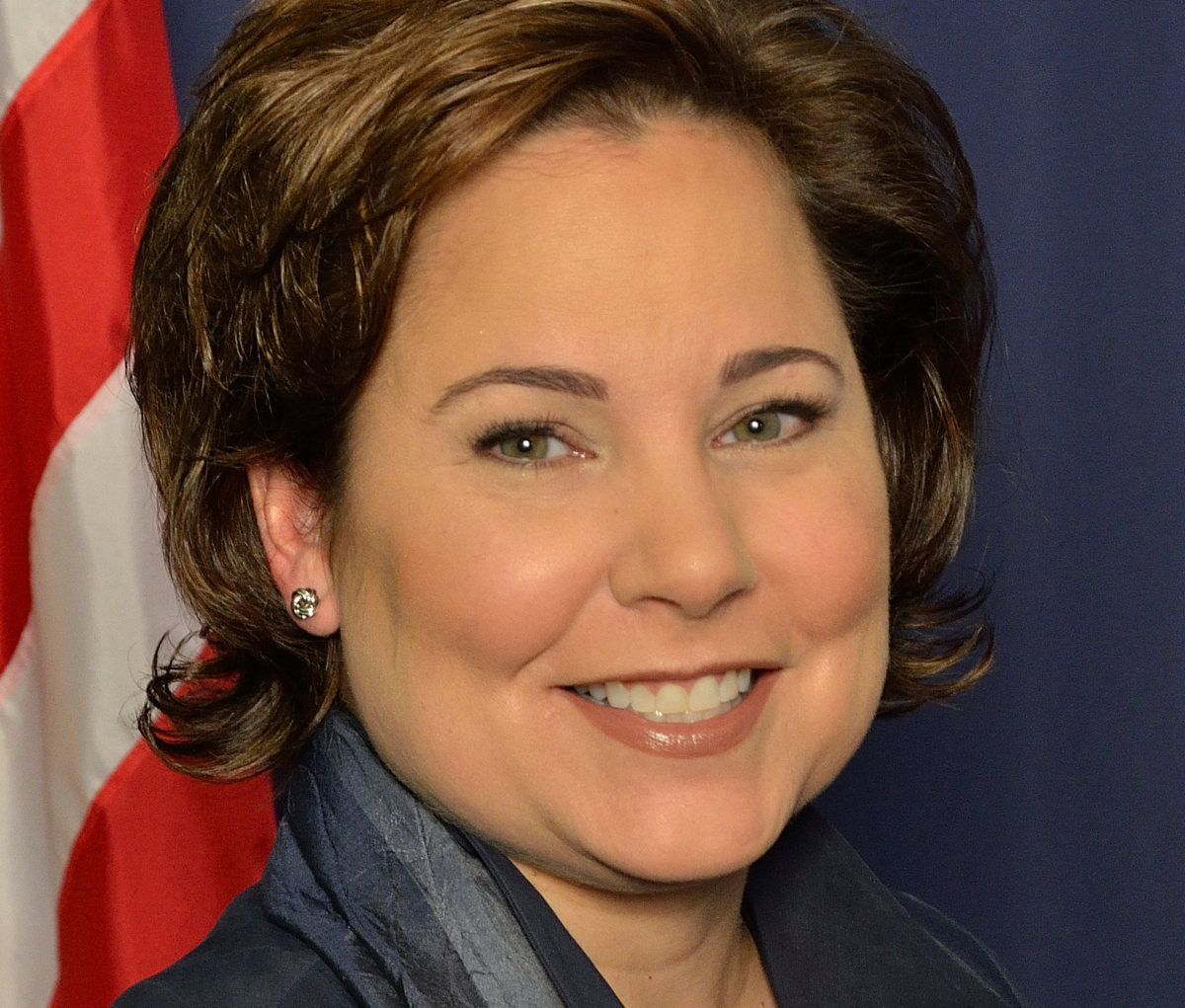Healthcare Deregulation Best for Competition, Says Federal Trade Commissioner
May 18, 2020 — Deregulation of healthcare will increase competition and personal choice, said Federal Trade Commissioner Christine S. Wilson in a Monday webinar. The webinar, hosted by the Federalist Society and moderated by Svetlana Gans, vice president associate general counsel of NCTA, the Intern











Member discussion